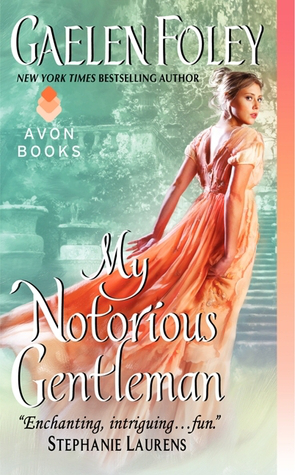
During a recent conversation I had trouble thinking of American writers who I really like (apart from Fitzgerald, of course). I had completely forgotten Richard Yates. Thankfully, during a book buying frenzy I had bought these stories and they proved successful in reminding me why I loved his writing when I read ‘Revolutionary Road’. All of the stories have a clear theme running through them, which could be summarised as the unhappy and lonely lives of husbands and wives in the 50s and 60s in the American suburbs, with some exceptions. And while on the surface the stories are precisely about that, Yates provides a wealth of insight into the minuscule details of the lives of ordinary people and the reasons for their pettiness. Overall the stories are bound to leave the reader with an overwhelming sense of doom and sadness, which is something I always look for in a book, and a desire to never get married, which is slightly more controversial.
Talking about a collection of stories is always difficult, so just as I have done before, I will discuss my favourite stories; ‘Saying Goodbye to Sally’ and ‘A Convalescent Ego’. The first follows Jack, a young and poor writer, who is commissioned to write a screenplay for an upcoming movie, therefore finds himself in L.A. There he meets a girl called Sally, who he clings to at first because she provides excitement and an insight into the strange world she lives in, making him feel alive again. The novelty quickly wears off and he begins to see the emptiness of her life, the lives of those around her and his own loneliness. Yates illustrates this beautifully with minor quarrels and almost comical situations, which do not diminish the melancholy present throughout the story. The most pertinent aspect being the need to have someone by your side, whether you love them or not, to quench the loneliness we all feel and to forget about the things which bother us in ourselves. For Jack it was Sally, but it could just as well have been anyone else, which is hinted at with one of the other characters of the story Jill – who changes partners constantly, always being unsatisfied with the previous one, yet still needing someone by her side. A beautiful story with painful realisations and a bleak undertone, which made me put down the book for a while, as I needed to think it over.
The second story, ‘A Convalescent Ego’, is about Bill, a man who is home from the hospital, recovering from an operation due to tuberculosis (an illness which appears throughout many of the stories). During a day at home, he clumsily breaks a tea cup while his wife is out shopping and this accident, having followed many similar ones before, leads him to a form of hysteria of trying to make up for his mistake while simultaneously trying to predict his wife’s reaction to all the possible ways he could resolve the issue. Not only were the intricate ways in which he imagined his wife’s responses genius, because creating such scenarios in my mind is something I can relate to a bit too much, but the way Yates revealed so much about Bill himself was exceptional. It becomes clear that Bill despises the fact that the surgery has made him weak, barely a person, as he can’t go to work. This quality has in his eyes stripped him of his masculinity and made him feel pathetic in the eyes of his wife, who in every scenario wins the argument and proves how foolish he has been in his attempts to rectify the situation. I was unsure I liked the ending of the story, but I suppose that following every imagined scenario it could not have ended any other way but with a reaffirmation of his masculinity. Bill’s behaviour towards his wife at the end of the story seems so unexpected yet the reader, having been privy to all his thoughts, should not have expected anything else. It was the outburst of the exasperation which had built up inside him for a long time, despite his inner desire to do well and be kind. It’s almost a reminder that even though we may see some things that we feel as obvious to others and easy to notice by those around us, it’s not always so. These feelings do not necessarily show on the outside and rather than lashing out when it all gets too much, it would be better to remain cool-headed and communicate with others.
I loathe the fact that this review cannot capture the brilliance of Yates’ stories and that I have to resign myself to choosing my favourites in an effort to discuss the book. In fact, I don’t like choosing favourites at all, because when I like a collection as much as I did this one, it almost feels like a betrayal. All of these stories rely on subtleties and a dark sense of quiet and inner unrest, which is almost never resolved, only accepted. The subtle nature of the stories is what I cannot illustrate here, therefore I recommend for everyone to read the book. It is a heartbreaking and emotional collection, which may be hard to get through all at once, but once you do, it will feel like a part of you has been left within the pages and this will make you want to re-read it for years to come.
I give this book five out of five wine bottles.










